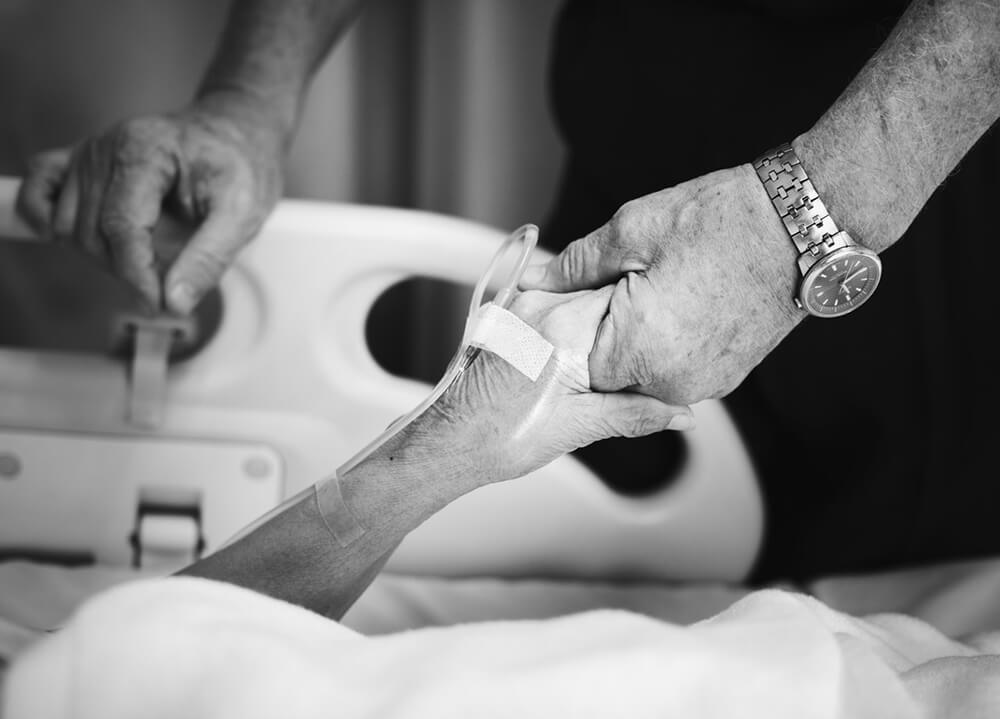
Something as simple as tripping over a curb while trying to walk on the sidewalk could prove fatal to an elderly person. According to a study published in the Journal of the American Medical Association (JAMA), the number of fatal falls in the elderly population nearly tripled from 2000 to 2016. And they’re still on the climb to nearly 30,000 per year. Even though falling might not seem like a serious threat to a person’s health, it is just that for people 65 and up.
In fact, falls are the number one cause of injuries in Americans 65 and older, according to the Centers for Disease Control and Prevention (CDC). Older adults who experience a serious fall in a hospital or nursing home could have a steep decline in health, especially if they suffer a traumatic brain injury or a hip fracture. A downturn in health in that population could quickly lead to death. What makes falling so serious, especially among the older population?
Why Fatal Falls Are on the Rise
Part of the reason that fatal falls are on the rise is that the older population is always growing. People are living longer now than ever before. On top of that, many older people are choosing to live alone until late in their lives, even with chronic conditions. For them, independence is a great thing, but for family members, it is a source of worry. If an older person who lives alone falls, they might not be able to get up or contact someone. This makes falling more dangerous and could even make it deadly if nobody stops by the house for days.
Here are additional reasons that falls can turn fatal for the older population:
- Hip fractures. If a fall causes a hip fracture, usually surgery is required even though it causes more trauma to the person’s body. A greater risk is created because surgery is a lot for their body to endure when it is already injured. Healing will take longer, and their hospital stay will probably increase. Once the hip is healed, it will be harder to walk and will require a lot of therapy. This also increases the risk of more falls from immobility and pain.
- Longer hospital stays. Hospital-acquired illnesses, like pneumonia, sepsis, UTIs, and other infections pose a threat to older people with already compromised health from falling.
- Prior falls. If the fall isn’t fatal but causes an injury, activity might be reduced out of fear of the next fall being fatal. But this actually increases their chance of falling again because the lack of movement makes their muscles weaker.
- Medications. Some medications cause dizziness and vision problems. Blood thinners make it harder for the blood to clot and could make the injury more serious.
What We Can Do About Falls
No accident can be fully prevented, but there are some measures we can take to reduce the risk of fatal falls in the elderly population:
- Exercises that improve walking, balance, and strength
- Safer home with raised toilet seats, handrails, minimal clutter, limited number of rugs
- Vitamin D supplements
- Vision check-up
- Quick assessment by doctor after a fall
Falls can be accidental, but they can also come from negligence or malicious intent. If you or a loved one has experienced a serious fall in a nursing home or hospital and you feel the incident could have been prevented, you may have a case. Contact us at DiPiero Simmons McGinley & Bastress so that we can evaluate your potential case.







